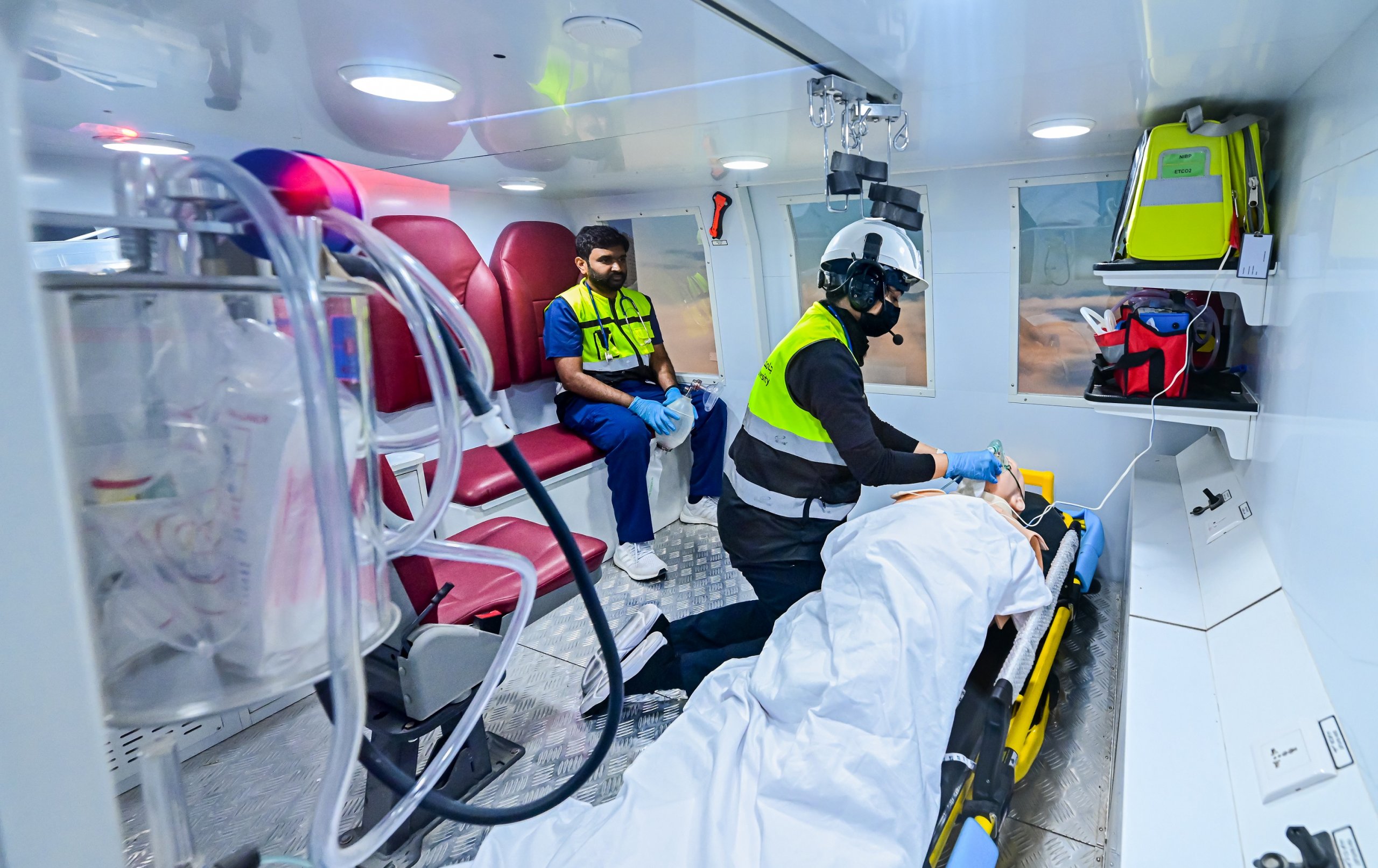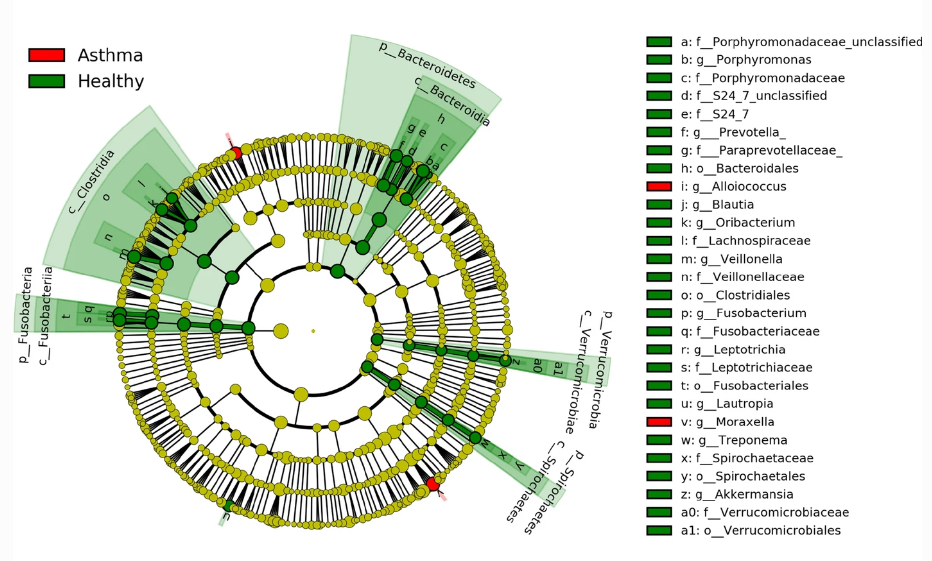Precision Medicine in Type 2 Diabetes Treatment

The discovery and mapping of the complete human genome in 2003 introduced the possibility of individualized medicine to a person’s physical and genetic makeup. Increasing evidence is now demonstrating that a patient’s unique genetic profile can be used to detect a disease’s onset, prevent its progression and optimize its treatment.
This has led to enhanced global efforts to implement precision (personalized) medicine and pharmacogenomics in clinical practice. Among the researchers leading in this field is Dr. Sabina Semiz, Professor of Molecular Biology and Genetics at Khalifa University’s College of Medicine and Health Sciences. Dr. Semiz is leading projects in genomics and pharmacogenomics of Type 2 diabetes and the bioethical aspects of precision medicine.
“Personalized or precision medicine refers to an innovative approach to the disease diagnosis and treatment by considering differences in people’s genetic background, lifestyle, and environment. Importantly, it has the potential to shape many, if not all, aspects of clinical care from prevention and early diagnosis to treatment of disease,” Dr. Semiz explained. “Pharmacogenomics investigates individuals’ genetic material in order to determine whether that person would benefit from a drug, require a different dose, or experience side effects, and as such is considered an essential tool in personalized medicine.”
Diabetes mellitus is a group of metabolic diseases, all of which are characterized by high blood glucose levels. If left untreated, diabetes can lead to severe complications including blindness, kidney and heart disease, stroke, loss of limbs, and reduced life expectancy. It is a major public health problem, affecting hundreds of millions of people worldwide and representing a substantial economic burden on society.
There are two types of diabetes: Type 1 and Type 2 diabetes. Type 1 usually begins in childhood with individuals suffering from their body’s inability to produce enough insulin, while Type 2 is commonly associated with obesity and age of onset is usually in middle age. Both types tend to run in families and genetic factors contribute to the disease, with interactions between genetic and environmental factors critical.
“Personalized medicine has the power to identify potential new biomarkers or targets for the precise diagnosis and treatment of Type 2 diabetes,” explained Dr. Semiz.
For the UAE, diabetes is a serious public health concern. Research shows that the prevalence of diabetes among citizens of the UAE is the second highest in the world; recent studies suggest the prevalence rate is around 20 percent in citizens above the age of 30 and as high as 40 percent in the age group 60 and above. In 2017, there were over 1.1 million cases of diabetes in the UAE.
“To address the considerable health and economic consequences associated with Type 2 diabetes, it would be pertinent to screen the patients at risk, initiate a prevention program, and optimize treatment,” said Dr. Semiz.
The genetic insight that is key to personalized medicine are found in the genomic letters that vary from person to person – these are called single-nucleotide polymorphisms, or SNPs. SNPs are single base-pair mutations that occurs at a specific site in the DNA sequence. They are responsible for over 80 percent of the variation between two individuals.
Research on SNPs and other genetic variations like deletions, inversions, duplications and copy number variations (CNV)—which represent up to 9.5 percent of the human genome—have changed the face of personalized medicine and validated the concept that treatment could and should be personalized.
SNPs explain why therapeutic response to metformin, a first-line drug for Type 2 diabetes with over 100 million users worldwide, is highly variable and also how the development of many chronic diseases can be traced back to early epigenetic modifications in response to environmental stimuli.
Much of Dr. Semiz’s research focuses on variation in glycemic response to metformin.
“Metformin was commercialized before the modern era of target-based drug discovery,” said Dr. Semiz. “It typically has an excellent safety record but considerable variation exists in how well patients respond to metformin. It was recently established that genetic factors influence glycaemic response to metformin, with many common variants across the genome together explaining a substantial proportion of the variation, ranging from 21 to 34 percent, depending on how glycaemic response was measured.”
The research carried out by the large international Metformin Genetics Consortium, including the research team lead by Dr. Semiz, has identified a novel genetic variant that alters how well metformin works in Type 2 diabetic patients, and is recently published in the journal Nature Genetics.
Recent genome-wide association studies have identified more than 400 Type 2 diabetes risk loci, or locations on particular chromosomes that are associated with Type 2 diabetes disease susceptibility, and further work by Dr. Semiz investigated metabolomics-based markers to predict Type 2 diabetes. Her research highlights the importance of early lifestyle intervention in diabetes treatment and has investigated the informative markers that indicate particular metabolic dysfunctions before disease manifestation.
“People identified at high risk of developing diabetes would be able to take preventative lifestyle interventions or treatments targeted to their individual molecular profile, eventually personalizing their healthcare,” explained Dr. Semiz.
In human beings there is a complex array of diversity. Just like no two people are identical in physical appearance, neither are they precisely alike on a molecular level. Even the most mundane and essential processes are subject to small individualized nuances, from how the body processes carbohydrates to therapeutic response to various medicines. Recognizing this will help healthcare professionals more efficiently care for their patients and empower patients to make better choices for their health.
Personalized medicine has the potential to revolutionize health care. It is an opportunity to intercede in disease before diagnosis, reprogram genetic destiny, and shift focus from broad population-based ‘standards of care’ to tailored modalities for an individual patient. With diabetes prevalence expected to rise globally, Dr. Semiz is leading the way to helping patients in the UAE to halt their disease in its tracks.
Jade Sterling
News and Features Writer
18 January 2020




